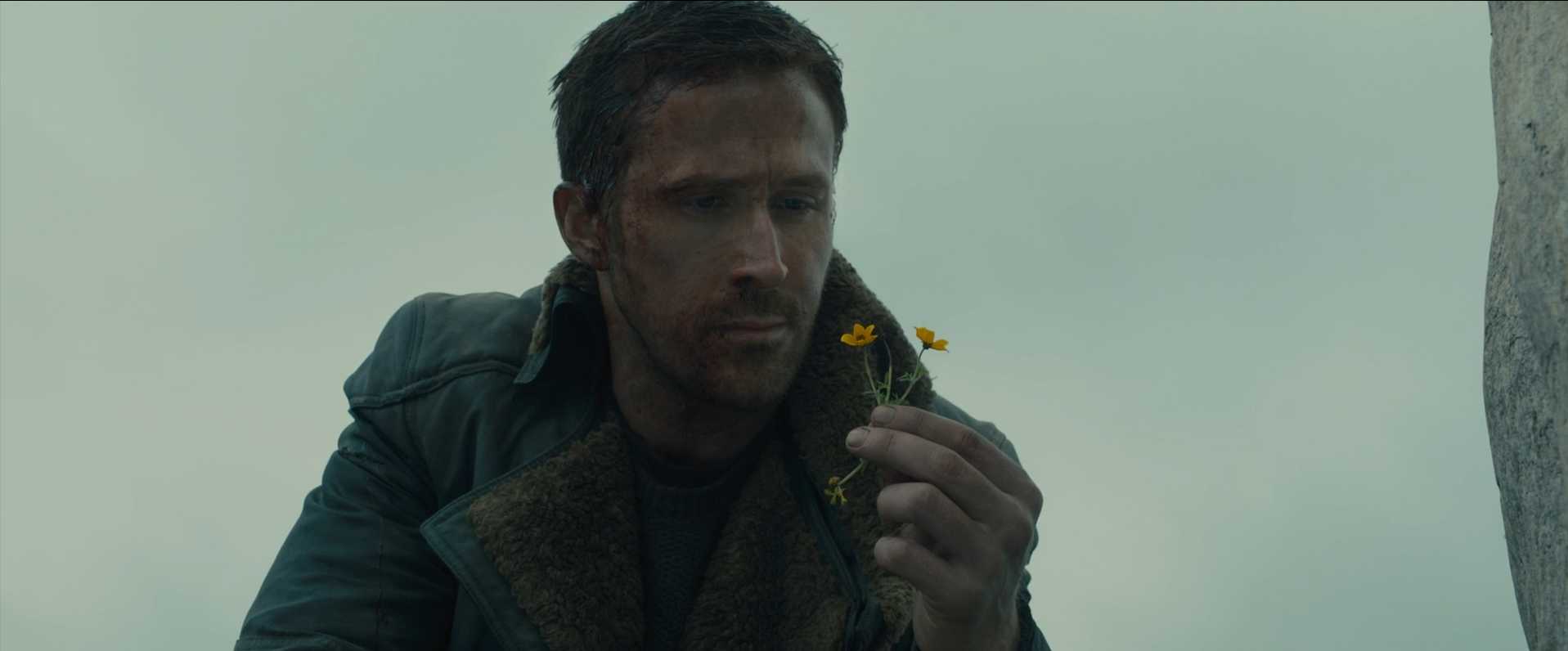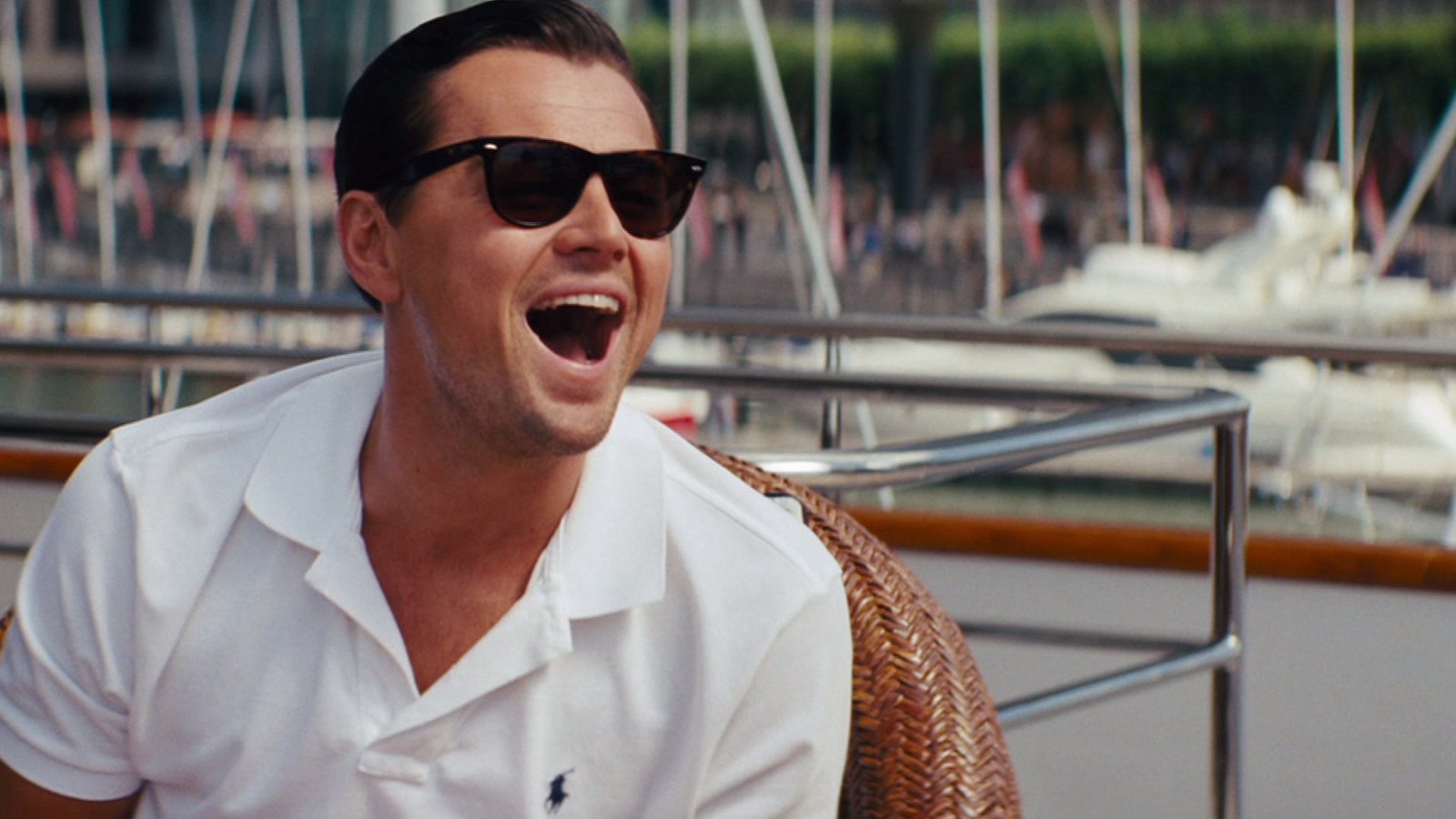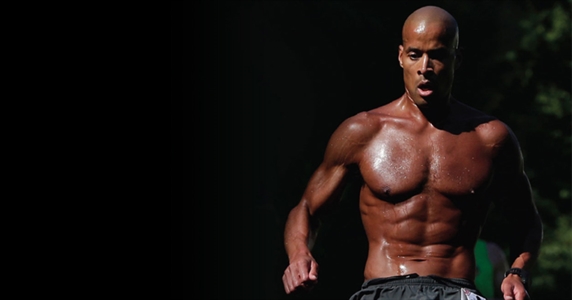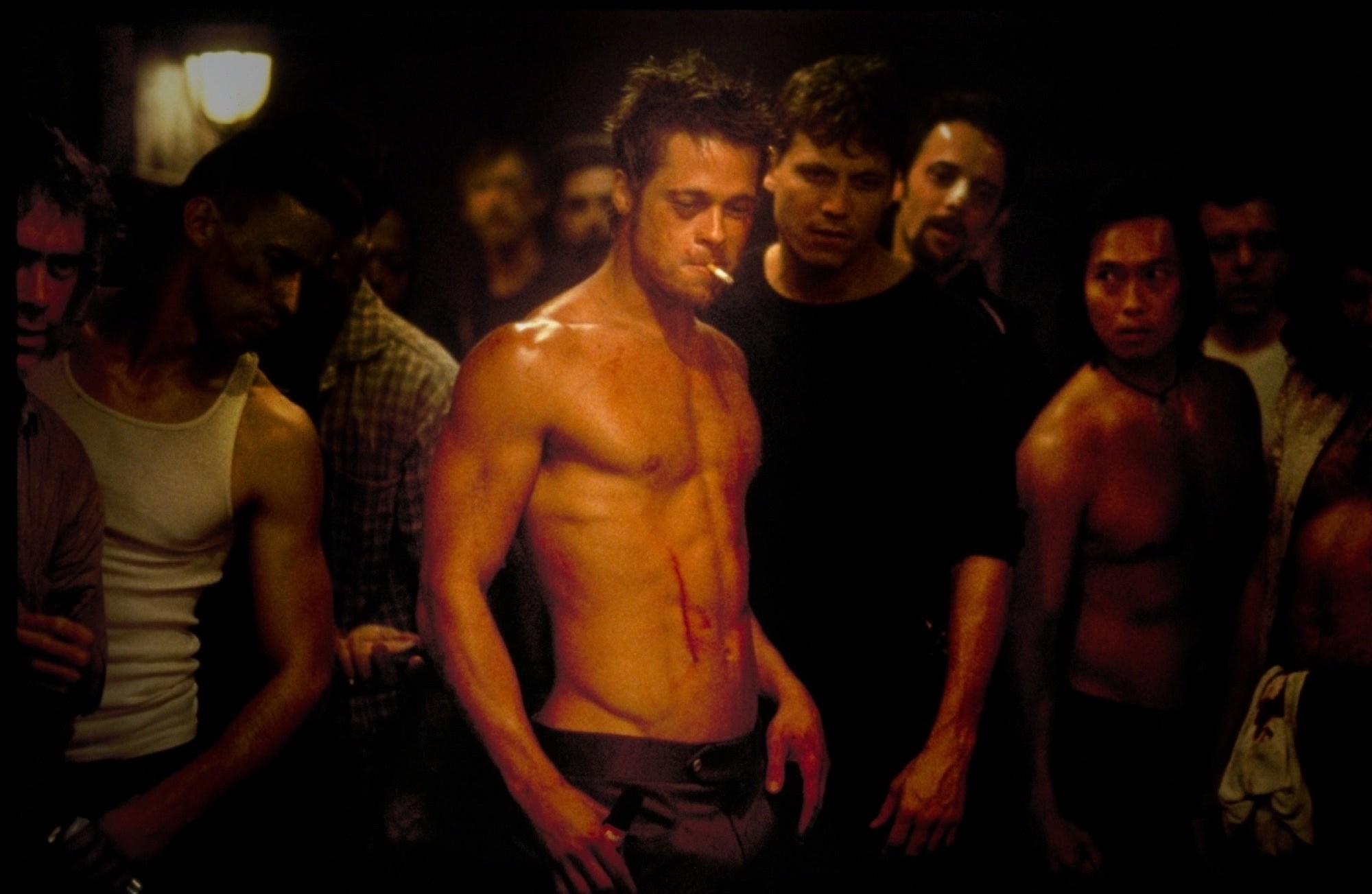Observe, Analyze and Unravel.
Recently Published

The Search For Joy and Purpose In The Corporate World
“Sometimes he falls or trips over something and gets himself hurt a little. My eyes immediately tear up. It’s just…..I am so sensitive when it comes to him. I don’t know why……I have been mulling over which school to enroll him in for the past month. Everyone says something different. I don’t know what to do,” a thirty-year-old ex-colleague told me over lunch one day. “It’s just a play school, Akka. He’s just three years old. You can transfer him to a different school later too, you know,” I said, laughing. I, the man-child who just about had the word ‘teen’ removed from his age, was advising a woman with a three-year-old son. “I just want him to make strong and long-lasting bonds…..If I keep changing schools, how will he make proper friends? Life is hard enough for me with close friends. They make my life so much more bearable.” The employees in the firm I was a temporary intern were all, except for a handful, in their early or late middle ages. I knew how much her son meant to her from the first day I met her. She had him in her phone’s wallpaper. I saw her scroll through her gallery once, and every photo in it was her son at various locations and angles — at the park, at the salon, at an exhibition. It was almost impossible to talk to her for more than twenty minutes without her bringing him into the conversation. It was not just her. Almost everyone I met there had kids of their own. Every one of their phone or desktop wallpapers had their sons and daughters in them. When I first joined the firm, I was curious to know what gave joy to these corporate employees. There were very few who seemed to like what they were doing. Most of them were neither excited to be in the office nor looked like they enjoyed the company of their co-workers. One of the reasons, I figured, was simply a growing realization of their own age. I could see their lack of knowledge of contemporary technological innovations and culture. They understood they were getting old and that their knowledge of subjects was getting increasingly outdated. The majority of them, however, had no interest in trying to update themselves. They found contemporary thoughts and ideas repulsive. Another aspect that seemed to suck the excitement out of these employees’ working hours is their frustration (and realization) over their minimal control in the workspace. Since I was the youngest and newest (and also a short-term worker) at the firm, some employees took a keen interest in trying their hand at molding me and sharing with me their opinions on matters they usually didn’t like sharing with the rest of their colleagues. “Did you know that the market for digital clocks in India is monopolized by one single company?” one of the employees asked me after calling me to his cabin suddenly. “There is a huge demand for them, but very few have the knowledge and the skill to mass produce them here. Work on it. Why don’t you make a digital clock during this internship? I am just telling you what I have learned, you know. You pass out of college, get your degree, and maybe even get placed in a company that pays you a huge salary. And then what? Do you choose to remain a slave for the rest of your life? When will you become free?” I laughed uncomfortably. He smiled before he continued. “Please do not get me wrong. I am just sharing what I have learned from my experience. You need to do something different to earn your freedom.” From what I observed, the workers were in a hurry to finish their assigned tasks, not because they were eager to learn, or because they wanted to gain more appreciation from their respective bosses, but only because they were scared of getting screamed at. Sometimes, they reminded me of my childhood self when I forgot to finish my homework. The comfort with which some of the employees (including the ones who held a relatively higher position in the firm) disclosed to me that they were slaves with white-collars was disconcerting. “How else are they supposed to deal with their lives?” one of my friends asked me when we were relaxing by the beach one weekend. “You either sacrifice, take risks, work hard to build and obtain your freedom, or accept your predicament and make peace with it. What’s the point in fighting if you have already decided to give up? If you have decided not to choose the path less traveled, you might as well accept the ups and downs of the path you have chosen to travel and make the best of it.” I did, however, meet one person who seemed to not entirely dislike her profession. “I like being challenged and learning something new every day. I don’t mind working here as long as I don’t get bored. That’s why I keep changing teams. I have worked in all departments in this branch: admin, resource development, training, management, finance……I don’t stay in any department for too long.” And then there were a few who lived in a world of their own. “If your manager assigns you a job, you have to give him ten times more than what he expects from you. You must surprise him. That’s how you move up the corporate ladder,” one other employee told me. Yet, I think, deep down, we both knew it was just not possible. The employees hardly had time to complete the tasks they were assigned. Nobody working there had the interest, the time, the appreciation, or words of encouragement they needed to give their managers ten times more than they wanted. They all seemed to know that the chances of getting a promotion for their extra work were low if they got complimented for their dedication in the first place. “Back when I first joined here, I used to try and give the best output I could. There were days when I spent hours perfecting and correcting every minute of errors just so I could provide them with a refined product. But, after working here for more than a decade, I no longer care about all that. The more work I do, the more piles up on my table the next day. I don’t get appreciated, nor do I get any incentive. All I get is extra work and more stress,” I overheard one of the employees say to her colleague. *** So, I asked myself again: where do these people derive their sense of joy and excitement from? What do they look forward to? Why do they keep moving on? I like to think the wallpapers on their mobile phones are not just an extension of their love but also a reminder as to why they must keep going on, why they must prevent themselves from screaming at their managers, and why they need to put themselves on a leash. When it was almost an hour to the closing time, I could sense a change in the air. All of a sudden, the cabins filled with a never-before-seen excitement. The turning of files and pages became faster and noisier, and the conversations became louder and lighter. I have even seen employees run to the exit so they don’t miss their buses back home. “At this age, that’s all they become,” my brother told me once. “Their children become their only sense of identity. Their children become everything. They have nothing for themselves.” The pure biological and evolutionary love these employees harbored for their offspring gave them a reason to get themselves out of their beds and go to work every day. What they lack in their professional lives, they try to make up for it in their personal lives. They quenched their thirst for control by carefully choosing and crafting the lives of their offspring as much as they possibly could. The other strategy some of them used as a coping mechanism for their somber professional lives was, as silly as it sounds, food. I used to wonder why a lot of middle-aged men were fat. How could they look at themselves in the mirror and not realize their bellies were getting bigger? They all do notice it, but just can’t bring themselves to care too much about it. After all the backbreaking work and constant stress in the office, it made sense why so many did not want to spend what was left of their day working out in the gym or eating consciously. There was no woman or man to impress anyway. Their romantic days were long gone. Keeping oneself healthy takes a lot of energy and self-control, but a lot of employees clearly run out of both before they even reach their homes. Every man or woman in India would have heard something similar from his or her parent at some point in their lives: “I work eight to nine hours a day, five days a week, just so you can live a comfortable life.” I always used to think it was something a parent said out of momentary frustration and anger, but it increasingly makes a lot more sense. A lot of the middle-class employees here clearly have no love for the work they are doing. But, without a family, I wonder what these middle-aged men or women would do. Would they still spend their days working a job they didn’t love until they retired? Would they still work eight to nine hours even if it means going back to an empty house in the evening? Would they still find reasons to keep themselves fit and healthy?

Blade Runner 2049: What Does It Mean To Be Human?
When Officer KD6–3.7, a Nexus-9 replicant built for the sole purpose of hunting down and retiring rogue replicants, learns that his memory involving a wooden horse, which is supposedly artificial (like any other memory fragments implanted into the brain of a replicant), is not fake, he screams in existential frustration. His whole life has been nothing but a lie. Hidden behind his frustration, however, lies a tinge of hope. Officer K leads a lonely life, his only company being an overly cheerful hologram. He loves her more than he does anybody. His job of tracking down and destroying replicants has made him emotionally distant. His human neighbors isolate and curse him because he is not one of their own. K is loyal to his cold and human manager. He follows all her orders with no understanding of their effect in the overall scheme of the world until the day it comes to light that there exists a probability that he was not built and assembled, that there is a chance he came into existence out of love and affection. He feels alive in a way he never has before. The hologram pushes him to believe that he is much more than what he makes himself out to be. It deepens his desire to live, to find out more about himself. He is now willing to risk it all to find the Truth. His life becomes a mystery that he desperately wants to solve. His hope fades when he finds out that the memory involving the wooden horse is not his, that it is just a cruel mistake on life’s part. The fragment of memory was misplaced. He is not unique or special. Or in Tyler Durden's words, he is not a unique snowflake. He was never the miraculous child born to a replicant and a human. The constant optimism his hologram companion kept feeding him was just a corporate algorithm programmed to spew what its owners want to hear and feel; to ensure their products remain adored by its users. It is just another machine performing its tasks. K’s existential crisis is akin to what many of us face in increasingly materialistic, corporate-controlled metropolitan societies. In search of obtaining what society considers the best, the most pleasurable, and what provides us with the most comfort, numerous of us have lost sight of what is meaningful. Even the few who know the Truth refuse to see or react to it because they are too scared to face the consequences. Just like K staring at an advertisement for Joi, we look at our own lives, finding the sheer pointlessness and fakeness of it repulsive. Just like K, we hope life is meaningful. We hope we are unique and destined for greatness. Yet, most of us come out disappointed and dissatisfied. “For what purpose humanity is there should not even concern us: why you are there, that you should ask yourself: and if you have no ready answer, then set for yourself goals, high and noble goals, and perish in pursuit of them. I know of no better life purpose than to perish in attempting the great and the impossible.” Friedrich Nietzsche Although his birth and the purpose assigned to him by his corporate masters are not unique or even ethical, K realizes that he can change his life by performing something human and selfless, regardless of how dangerous it is. He decides to redeem himself and wash himself of the sins of his career, to raise himself to someone of value by working for a greater goal. He risks his own life out of his own free will to save someone else’s, for the happiness of the real Chosen One, and for a revolution. He makes himself indispensable and expects nothing in return. Officer K lies down in the snow, covered in wounds and worn out. For the first time in his life he feels satisfied with himself and his actions. It doesn’t matter to him that he ends up as a mere cog in a vast machine.

Cottagecore: A Fantastical Antidote to Capitalism
Walls of Our Houses Never did the walls of our urban houses feel as somber, depressing, and repulsive as they did during the COVID-19 pandemic. The world was introduced to chaos and suffering unlike any other we have ever faced. The virus changed our lives forever. The rare walks for groceries and essentials taught us something we would have never learned if it were not for the lockdown: metropolises are not just defined by their buildings and machinery, but most importantly by the dense occupants. Devoid of people in the streets and supermarkets, the city felt dystopic and depressing — like a lifeless painting. It was during these trying times that millions of images and videos depicting, for the most part, women in rural households flooded the internet. These images, as you can see, are all very similar. They are predominantly filled with women dressed in vintage, rural clothing, standing in a garden or by a river alone, or cooking a vintage dish. What is so attractive about this aesthetic called Cottagecore? Let us find out. Nature and Disconnection The most obvious factor behind its immense attraction is the quiet and self-sufficient lifestyle that this aesthetic portrays that the occupants of cities just can’t imagine living. The models in the videos and images are alone and disconnected, existing in an entirely different universe — one that is not restless and chaotic. The pleasant feeling of a gush of wind through the leaves, the smell of the rain on mud, the sight of thousands of flowers, and the cosmic tingling of the cattle bells — these are experiences that our senses are just not accustomed to. These are mere fantasies for most of us, products of our imaginations given birth to by the stories of our ancestors and elders. Time is Cyclical The other, less obvious aspect can be understood if one were to study a similar movement that occurred in the late 18th century. Romanticism was a movement that began as an antidote to the growing Enlightenment Era and Industrial Revolution, which primarily focused on achieving high efficiency and profits. With the rise of factories and industries and increasing urbanization, the romanticists yearned and spoke for a traditional, emotional, and transcendent lifestyle that truly appreciated nature. A similar argument could be made for the Cottagecore aesthetic. With the growing worries of climate change, global warming, unemployment, and wealth disparity, it’s only natural to subconsciously seek an alternative form of lifestyle that is less competitive and more freeing. With thousands of influencers showcasing their ultra-rich lifestyles and deeming us losers for not working ourselves to death to become rich, there’s an unnoticed inferiority complex among most of us that we rarely address. Winning in the capitalistic or neoliberal sector appears close to impossible, and this thought depresses us. With social media applications constantly reminding us of the immense distance between the various social classes, just like the Romantics of the 18th century, some yearn for an existence that is devoid of such demarcations. The Hypocrisy of Cottagecore Yet, it is easy to forget that this aesthetic is merely a fantasy for the viewers. The models or influencers who participate in this aesthetic are rarely poor or have rural origins. Some of them are even millionaires. They do not spend their days waking up early in the morning to milk the cows and work on the farm under the scorching sun. They are merely portraying a persona that we want to see, that we fantasize about. Realistically, none of the rural workers cherish the comforts of a millionaire, nor do they shoot videos of themselves in gardens. Living in rural areas comes with its share of problems and social discriminations that the representations of this fantastical aesthetic do not portray. Can it Cause Major Sociological Changes? Looking at these images makes us think if women are predominantly the only ones who have a deep yearning for the rural escape fantasy, what do men fantasize about to relieve themselves from the anxiety and competitiveness of the hustle culture? I think we all know the answer to this question. It certainly has nothing to do with questionable websites on the internet. Returning to the earlier comparison of the past and the present, as popular as the romantic movement was, the Industrial Revolution and urbanization increased the average worker’s income significantly, and the number of people migrating to cities and towns remained high. A similar case can be made for the Cottagecore aesthetic. While politicians and social critics may worry if this aesthetic may be an early sign of the resurgence of vintage ideals, thoughts, gender roles, sexism, and racism that were present in the earlier conservative and traditional societies, all that this aesthetic is, for now, just an escapist fantasy. It has not brought about any major social changes and may never will. The comforts and pleasures of the metropolises, at the end of the day, is still intoxication, even though many might, quite often than not, find it insufferable and meaningless. The Cottagecore aesthetic is, for all its worth now, just a vintage Barbie Land.

What The Rise and Fall of Jordan Belfort Reveals About Us
The advertisement we see at the beginning of Martin Scorsese’s The Wolf of Wall Street is a good metaphor for contemporary social media culture. Behind all that love, success, and unity lie shades of darkness and hatred that remain untouched. The advertisement is for Stratton Oakmont, a brokerage firm founded and owned by Jordan Belfort. As the camera glides through the office space, we see calm, focused, and sincere employees. They sit at their desks working. The voice narrating the advertisement is smooth and relaxed. It promises extreme care and wealth to its investors. The advertisement ends with a sparkling display of Stratton Oakmont’s logo, after which we see the brokerage firm for what it truly is — a chaotic hell-scape far removed from the the firm grasp of human morality and ethics. Jordan throws a human dwarf at what appears to be a human-sized dartboard before he goes on to narrate his life. He seems to have it all — a white Ferrari, a massive manor for a place of residence, a beautiful and sexy model named Naomi for a wife. He boasts about his monthly salary and extravagant life filled with drugs, alcohol, and hookers. There is no one to administer or question him, no manager that he has to worry about, and for a while, one does believe that he has everything that a man could ever need to lead a great life. He explains his life almost like he wants us to envy him, to make us feel miserable about ours. He believes he has that one single key to unlock all of life’s pleasures that most of us do not have. “But of all the drugs under God’s blue heaven, there is one that is my absolute favorite. You see, enough of this will make you invincible, able to conquer the world and eviscerate your enemies. Ah! See, money doesn’t just buy you a better life, better food, better cars, better pussy. It also makes you a better person. You can give generously to the church or political party of your choice. You can save the spotted owl with money.” The film then proceeds to showcase his economic rise and simultaneous deterioration of character. The meek and respectful Jordan that first stepped into Wall Street harboring the American Dream turns into someone who has no problem lying to people, cheating on his wife, and getting high on every drug he can get his hands on. As much as the film is about his rise and fall, it is also about the general public. For most of the film, Jordan hardly faces any consequences for his actions. Not only is he not condemned by the people around him for his activities, but he is encouraged and admired by some of them. Even his first wife, Teresa, who initially seems to be the only person who finds his means of making money suspicious, later stops caring. When Forbes magazine names him The Wolf Of Wall Street and calls him “a twisted Robin Hood” Jordan is offended and hurt. The next day, however, when he finds a large queue of men waiting to join his firm, he is surprised. It strengthens his feelings of superiority and the enormous power he thinks money gives him. The people standing in queues do not care about the unethical ways Jordan and his firm makes money. All they seem to care about is that he makes his employees extremely rich. Even his father does not seem to mind his ravenous use of money for entertainment and sexual pleasure. He presents his view on money and life in numerous motivational speeches that he gives to his employees: “There is no nobility in poverty. I have been a rich man, and I have been a poor man. And I choose rich every single time. Because at least as a rich man, when I have to face my problems, I show up in the back of a limo, wearing a $2,000 suit and a $40,000 golden watch!” The story of his downfall isn’t solely material or tangible; as he faces federal indictment, he gradually loses those close to him. His wife decides to leave him because she realizes she no longer loves him and can no longer tolerate his infidelity and abuse. She takes their child with her, and he can hardly do anything about it. His best friend and co-worker, Donnie Azoff, whom he tries to save, betrays him to save himself. He loses even the tiny affinity and care he had for his subordinates and snitches on all of them to reduce his sentence. He is sentenced for three years in jail. “I’m not ashamed to admit it. When I arrived at the prison, I was absolutely terrified. But I needn’t have been. You see, for a brief fleeting moment, I’d forgotten I was rich. And I lived in a place where everything was for sale. Wouldn’t you like to learn how to sell it?” He does not have to complete his three years and leaves jail after a meager 22 months. He takes up the job of motivating and teaching people to get rich, and we see him give a speech in an auditorium filled with people eager to learn from him. The film, over the years, gained many controversies — for its profound usage of profanity and depictions of drugs and nudity. Some even complained that the film was a glorification of Jordan’s lifestyle and that the film was promoting greed and abuse. His downfall is a spiritual one. He loses everyone at the end and hardly has anyone by his side, but he still has his money and comfort. He manages to make a fairly decent life for himself teaching people how to make more money. For all his cheating and scandals, he never really faces any severe punishments whereas the FBI agent who was hell-bent on making sure he was punished for his criminal activities gains nothing much. He still has to take the metro to work. The camera pushes in and cranes up to reveal the audience in the auditorium as they sit mesmerized by his words. He is there to teach them how to get rich. His past and the means by which he obtained his wealth do not matter. The film is as much a commentary on our society as it is a portrait of a nasty and money-crazed man. Deep down, parts of us envy him for the lavish life he lived.

Do You Actually Find David Goggins Inspiring?
David Goggins does not promise you what your average motivational speaker does. He does not promise any of his followers that if they were to work hard enough, they can be successful at whatever they do or even that their life will get easier. To him, there is no end goal, the ribbon at the end of the race does not exist, and there is no wall you climb to reach Paradise. He keeps running and pushing no matter what because it is all about mastering his ability to deal with the unpredictability and unfairness of life. David does not hope for an easy and joyful life. It is a fantasy to him. In fact, he wishes for the contrary. ' I don’t live off that hope shit. I wish the water was cold. I wish the motherfucking instructors keep on running. I wish for fucking rain. When the ending is unknown and the distance is unknown, that’s when you know who the fuck you are. Suffering and hardships, he believes, are not something a human must avoid or should even fight against, but it is something that one must look forward to, something that one must actively chase because in suffering and in the journey alone, he trusts, one can find oneself and what one is truly capable of. The Pursuit of Truth I began reading his autobiography expecting to read just another self-help book that shares ideas that most of us have already heard in various forms. But his autobiography is unlike any book I have ever read. Most of the motivational memoirs and speeches I have read and heard from various successful individuals up until I fell upon David Goggins' Can't Hurt Me has almost always been about a man or a woman overcoming hurdles and external pressures to attain their dream career or life. His autobiography, however, is unique in that its predominant focus is on the journey itself, on the thoughts and existential questions he faced whenever he pushed himself to his extreme. A lot of the suffering he underwent is because he willingly chose difficult paths. He opted to join the United States Army, undergo Navy SEAL training, run Ultramarathons, obtain pull-up records, and push his body to its extreme limits. Some of the decisions or choices he made in his life will be incomprehensible to many, including me. Because to him, it is all about Truth. He does not sugarcoat and is not afraid to showcase his dirty laundry. He says what he believes and does what he says. One just can not comprehend all his thoughts and opinions because it is entirely his, and was never meant for everyone to understand. His dreams are not tangible or relatable to the majority. It does not involve money, women, respect, or power. His goal is to figure out, for himself, who he truly is and inspire people on his journey of self-realization and mastery. Trauma Response and Preparation By running, I'm toughening my mind. I'm not training for a race, I'm training for life. I'm training for the time when I get that two o'clock call that my mom is dead, or if something tragic happens in my life I don't fall apart. I'm training my mind, my body, and my spirit so it's all one, so I can handle what life is gonna throw at me because the life I've lived throws a whole bunch at you. Training and preparing every day to prevent oneself from reacting violently or emotionally in the future might sound like a trauma response. It seems to be born out of a fear of repeating the mental disintegrations of the past. David's childhood was far from happy. He grew up with an abusive father for a very long time. He grasped, very early on, the darkness of life, of how horrific it can get if one were to give up control of oneself. He derives his strength from the horrors of his past but does not feel the need to let go. He does not believe in ending the race. Motivation? David's muse and discipline come from a place of darkness and trauma. He does not believe in working to establish an easy and pleasant life. He, instead, believes in deliberately immersing himself into difficult situations every single day to callous his mind and body, to reach a state where he is ready to face anything that life throws at him. He is almost fifty years old and still works every single day. He does not take vacations. He has pushed his body to the point where he is almost always in physical pain. He has inspired millions and has earned enough money to sustain himself for the rest of his life. Nobody would criticize or look down on him if he were to retire now. He has no uncomplicated reason to keep working hard. Yet, he goes on. Even as you read this piece, he is probably hard at work preparing himself for the upcoming days. Now, close your eyes and think. Be honest. Recollect everything you read so far. How does it make you feel? Do you feel motivated? Are you scared? Does David Goggins' mentality sound depressing, or does it inspire you?

The Hypocrisy of Tyler Durden
Spoilers ahead During the initial days of their friendship, the narrator (Edward Norton) and Tyler Durden point to an advertisement for a clothing brand on a public bus which shows the physique of a white, muscular model. They comment on its stupidity, as it being just another undesirable symptom of capitalism at its worst, that it’s another example of how the corporate world manipulates men’s minds to look and behave in a certain way. Tyler Durden, the alter ego conjured by the narrator's disintegrating and insomniac mind, is everything that the narrator wants to be: free, smart and masculine. He lives in the present and is not afraid of doing and saying what he believes. Tyler believes that the only way for men to truly live in the modern age is to give in to their primal masculine instincts, to relieve themselves of the frustrations of their low-paying jobs and unfair fates by hurting and getting themselves hurt physically. Tyler believes in living a non-materialistic life devoid of pressures and absurdities. "Advertising has us chasing cars and clothes. Working jobs we hate, so we can buy shit we don’t need. We’re the middle children of history, man. No purpose or place. We have no Great War. No Great Depression. Our Great War is a spiritual war. Our Great Depression is our lives." The irony is in the fact that Tyler himself (played by Brad Pitt, an actor who has been selected by the People’s magazine for its prestigious title of Sexiest Man Alive, not once, but twice) seems to have the exact same physique, if not a better one, as the model in the advertisement; a physique that is impossible to achieve without discipline and a rigorous diet. It's not a coincidence that Tyler is played by an actor who is considered by many to be the epitome of male beauty. "We've all been raised on television to believe that one day we'd be millionaires and movie gods and rock stars. But we won't. We're slowly learning that fact, and we're very, very pissed off." The actor who says it, in actuality, is both a movie star and a millionaire. Tyler seems to want everyone to let go of their need to fit in into the capitalistic society, to dissolve their intentions to succeed within the Matrix, but he ends up, as hilarious as it is, being glorified by it. Most men, I’m mostly sure, have been influenced by Tyler Durden at some point in their life.What they do not understand is that a man who thinks and behaves like Tyler, a man who refuses to participate in the rat race, will not, in reality, end up looking like Brad Pitt. They are more likely to end up as a jobless drug-addict with a high chance of perishing because of his own laziness and acts of self-destruction. They will end up nowhere and will most probably not be respected by anyone because of their inability to hold onto responsibilities. Although I very strongly believe that it is important for a man to be in touch with his masculinity, that a man must always strive to think independently and to work on being as emotionally and physically strong as possible (for which I have been strongly criticized by so many of my liberal friends), I do not think that Tyler is someone to look up to because he isn’t a real person. He’s just an embodiment of a flawed male’s fantasy. Maybe Tyler’s character is satirical, written to depict the hypocrisy of people who say it’s foolish to focus on materialistic pleasures and to work to succeed within the existing society, but are, deep down, mesmerized by some of the undeniable pleasures of it.
